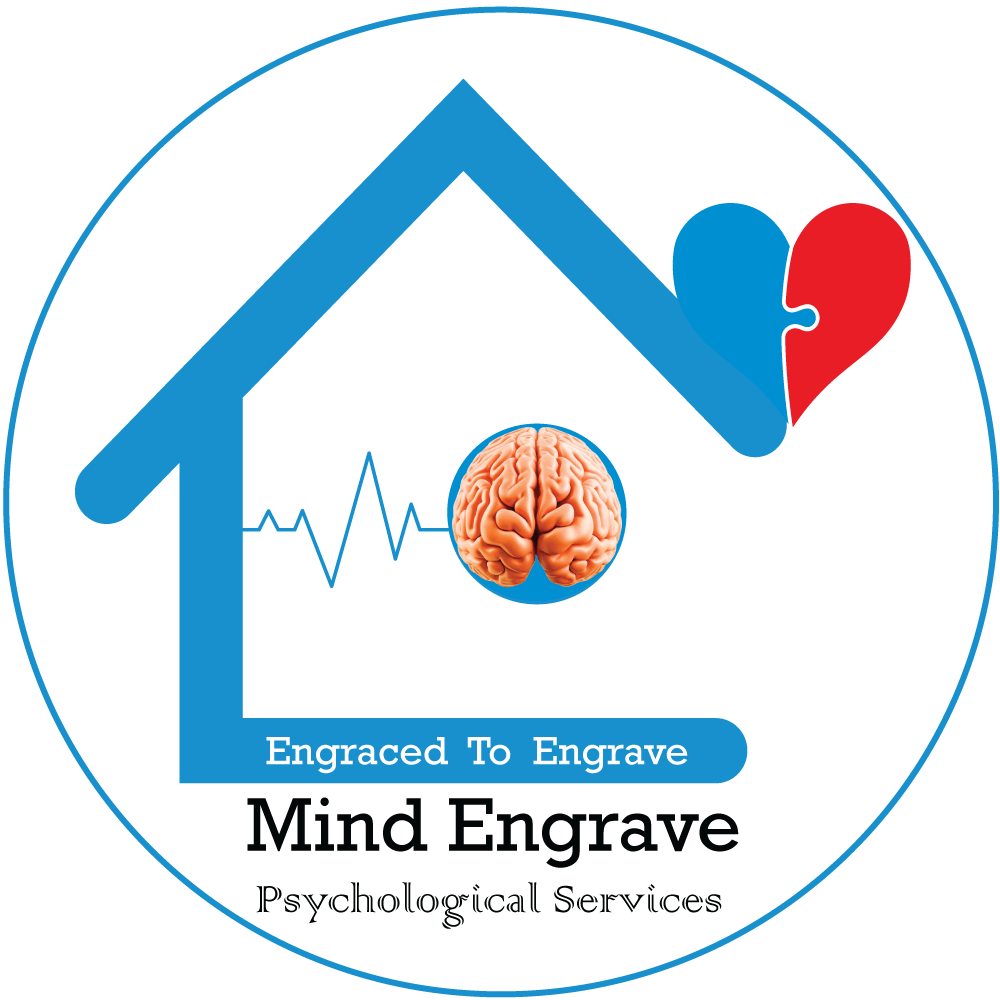Maternal Childhood Trauma: Risks for Children’s Brain Health
Maternal childhood trauma appears to shape children’s emotional safety in measurable ways. A large 2023 study, NIMH science update how maternal adversity can affect children’s brain development. This study followed more than 500 mother–child pairs found that when mothers experienced neglect or abuse as children, they showed higher anxiety and depression during pregnancy and after birth, and those maternal difficulties predicted greater emotional problems in their children.
Crucially, the researchers linked poorer maternal mental health to weaker fronto-amygdala connectivity, a brain circuit children use to regulate fear and emotion, which in turn raised the children’s risk for anxiety and withdrawal.
This finding matters for clinicians, parents, and communities because it shows risk moves across generations through both behavior and the developing brain. The study measured maternal symptoms across pregnancy and several postnatal time points and then assessed children’s emotional health at about 7.5 years.
For a subset of children, the team collected fMRI data at age six and found that maternal postnatal distress correlated with reduced connectivity between the amygdala and prefrontal regions — a connection that normally helps dampen emotional reactivity. In short, mothers’ hard childhoods can translate into children who struggle more to manage worry and social withdrawal.
There are three take for clinicians with respect to this study outcome. These are:
Parents and caregivers can take simple, practical steps to lower intergenerational risk. These steps include:
These small, steady actions change daily environments and reduce the chronic stress that affects both behavior and brain wiring.
Also, families can adopt short practices that build regulation such as consistent sleep schedules, brief parent-child mindfulness breaks, and regular outdoor play. Caregivers can scaffold children’s emotional skills by naming feelings, practicing calming strategies, and using gentle exposure to social or performance situations that make the child nervous. Over time, these repeated experiences strengthen the neural pathways that support emotion regulation. Therefore, the home becomes an active site of prevention and resilience-building.
Public health systems should treat maternal mental health as a child-development priority. Funded screening programs during pregnancy and postpartum visits will catch risk early. Provide accessible therapy, parent coaching, and social supports such as paid parental leave or childcare subsidies. Community investments change stress exposure and give families breathing room to repair and build stronger relationships. The study’s authors recommend focusing support during pregnancy and the postnatal window to interrupt the chain of risk.
Researchers should however note certain limitations regardinh this study. Most mothers in the sample came from the general population and reported lower trauma levels than clinical groups, and only a subset of children had fMRI data. Still, the study offers a clear pathway to action which include identifying maternal distress early, treat it, and support children’s emotional development before problems solidify. In essence, future work should test which interventions best restore fronto-amygdala connectivity and reduce child anxiety risk.
In conclusion, maternal childhood trauma does not doom the next generation, but it raises clear, actionable risks. By screening mothers for trauma and perinatal distress, by offering timely mental-health support, and by building everyday practices that strengthen emotion regulation at home, clinicians and families can protect children’s brains and emotional lives. This research urges a shift from isolated care to integrated family support that transforms risk into resilience.

Odusanya Adedeji
Odusanya Adedeji A., is a Licensed & Certified Clinical Psychologist whose domain of expertise cuts across management of specific mental health issues such as, Depression, PTSD, Anxiety & Anxiety related disorders, substance use disorder, etc





